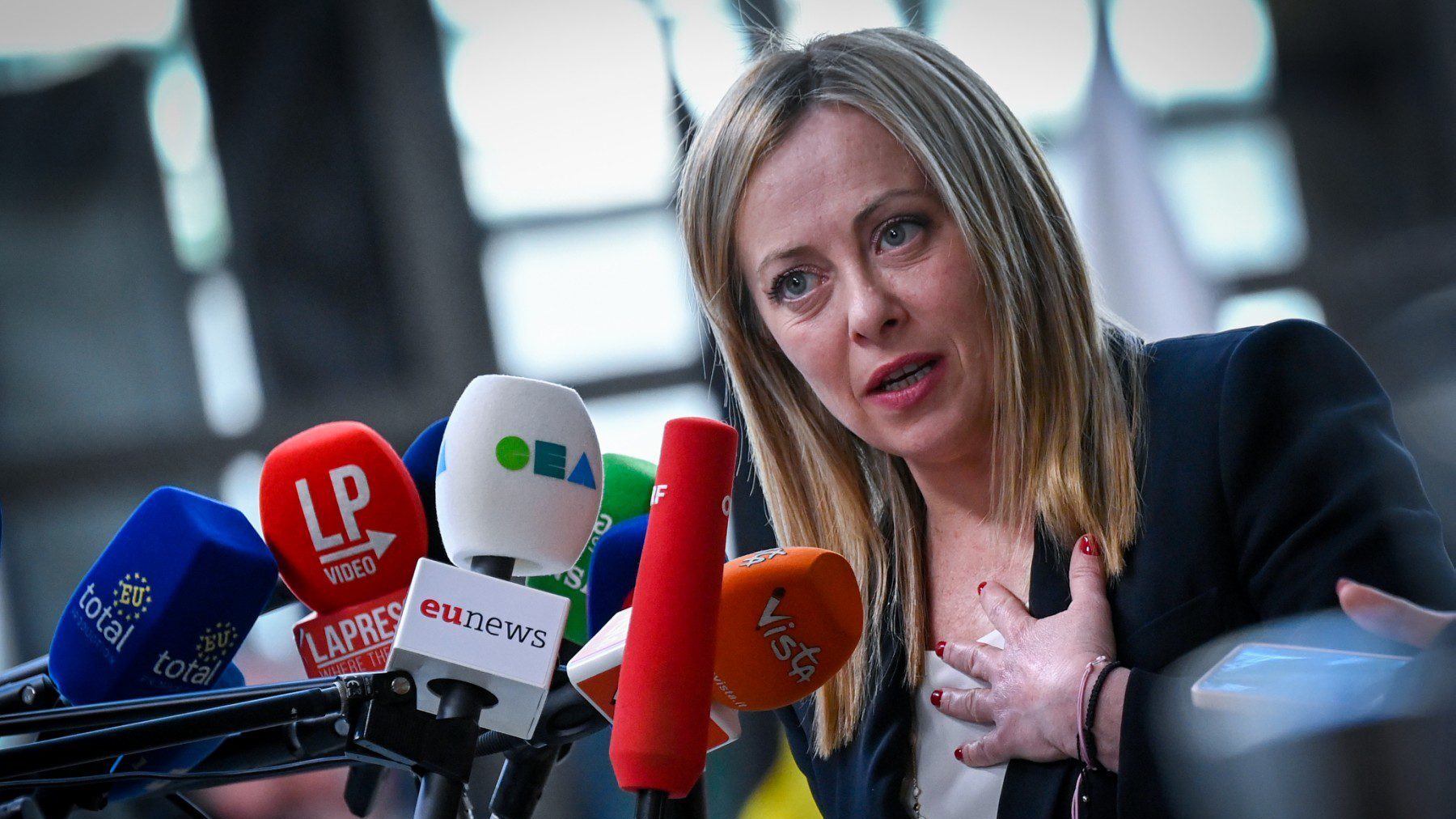
Photo: JOHN THYS / AFP
True to one of her campaign promises, on May 1st, Giorgia Meloni put an end to the ‘solidarity income’ social benefit—which she intends to replace with an ‘inclusion cheque’ whose scope will be more limited.
The solidarity income was one of the flagship measures of the government led by the Movimento Cinque Stelle (M5S, or Five Star Movement) implemented in 2019. It has been very popular during the pandemic since it helped many Italians survive the crisis. The decision to scrap it, made public on Labour Day, sounds like a provocation to its opponents. It is accompanied by other measures designed to stimulate employment: relaxation of the conditions for hiring people on limited-term contracts and exemption from employers’ contributions for one year for companies that hire a beneficiary of the new inclusion cheque.
With these measures, the government intends to specifically tackle youth unemployment. Unemployment in Italy among 15–24-year-olds is 22.4%, which is about three times the national average of 8%.
The estimated cost of the solidarity income was €8 billion per year. The new inclusion cheque is expected to cost the state €5.4 billion per year. The measure, therefore, allows for substantial savings but should also facilitate the return to employment for recipients.
The solidarity income was accused of keeping recipients away from the labour market. The new scheme is intended to focus on people who cannot easily return to work, such as families with disabled people, minors, and people over 60. Giorgia Meloni explains that she wants to “make a difference between those who are able to work and those who are not.” The new government benefit will be capped at €500 per month and limited to 18 months, renewable for one year after a one-month waiting period.
For job seekers ineligible for the inclusion voucher, the government will introduce a monthly allowance of €350, paid in return for training and activities “useful to the community” and compulsory for the applicants.
Former Prime Minister Giuseppe Conte of the Five Star Movement, who initiated the solidarity income, strongly condemned Meloni’s decision, arguing instead for the introduction of a universal minimum income. He accused the head of government of “killing young people’s dreams and projects for life.”
For Meloni, the choice of May 1st to present her reform, far from being a provocation, should on the contrary be seen as a desire “to honour the workers on this holiday.”
